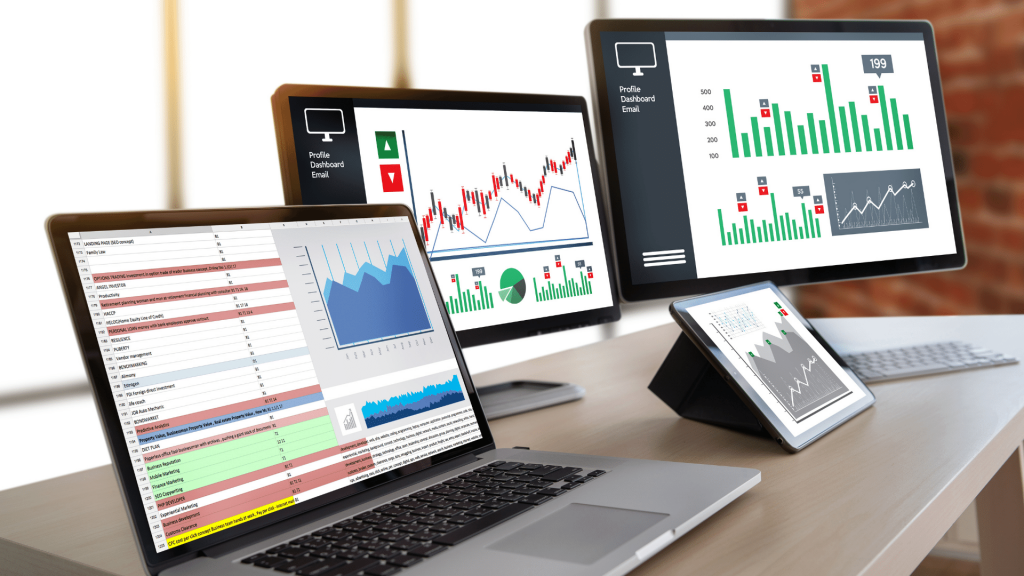What is the first thing that comes to mind when you hear the word ‘DATA’? Is it a giant Excel file filled with numbers? A set of formulas and graphs that are too complicated to understand? Yes, data can be quite overwhelming at first, but it does not have to be.
Data can be useful and insightful in our personal lives and in our Sustainability journey. But first, we need to shift our mindset and debunk our negative misconceptions about data.

Data is important because it is the basis of how we make informed choices. And you do not have to be a Data Scientist to do this!
Szasa Lambinio
Myth 1: Data is a specialized topic and is not relevant to me.
We may not notice it but data is part of our everyday lives. The amount you pay for utility bills for your monthly consumption of electricity and water? That’s data. The number of hours you spend everyday on social media? That’s data. The number of calories you eat every meal? Yes, that’s data too!
It’s through awareness of these data patterns that we make decisions. Every month when you receive your paycheck, you allocate a certain amount for utility bills because you already know your average monthly consumption of electricity and water. If you are on a diet, you prepare your meal based on the calorie count you need and aim for.
Data is important because it is the basis of how we make informed choices. And you do not have to be a Data Scientist to do this!
Myth 2: Data is only for people who know statistics and math.
A lot of people view Data Management as an extremely technical topic that can only be performed and understood by people with educational background on data and statistics. This is not true. Data is for everyone with an open mind, willingness to learn, and curiosity for numbers and patterns.
I, myself, learned most of the things I know about data and Microsoft Excel while on the job. It was initially intimidating, but when I started seeing how powerful data is in delivering your message, I learned to appreciate it more. This leads me to the third myth…
Myth 3: Data is all about complicated numbers.
While this is partly true, numbers can serve as a tool to help you tell stories and monitor your progress better. Data can be presented and visualized through easy-to-understand infographics that can be tied in with narratives to support your message.
You can see this in how we communicate our Sustainability advocacy here at SM. Our Value Creation Story does not only state that we at SM creates value for our stakeholders, we also present data on our progress and performance. By presenting our message this way, we are able to show how we walk the talk when it comes to Sustainability. After all, numbers do not lie!
The Truth About Data
Data is not as intimidating as we initially thought it to be. Data can be our friend if we know how to look at it in the right perspective.
Truth 1: Data is used to make decisions every day.
Truth 2: Data can be for everyone.
Truth 3: Data can tell stories through numbers.


